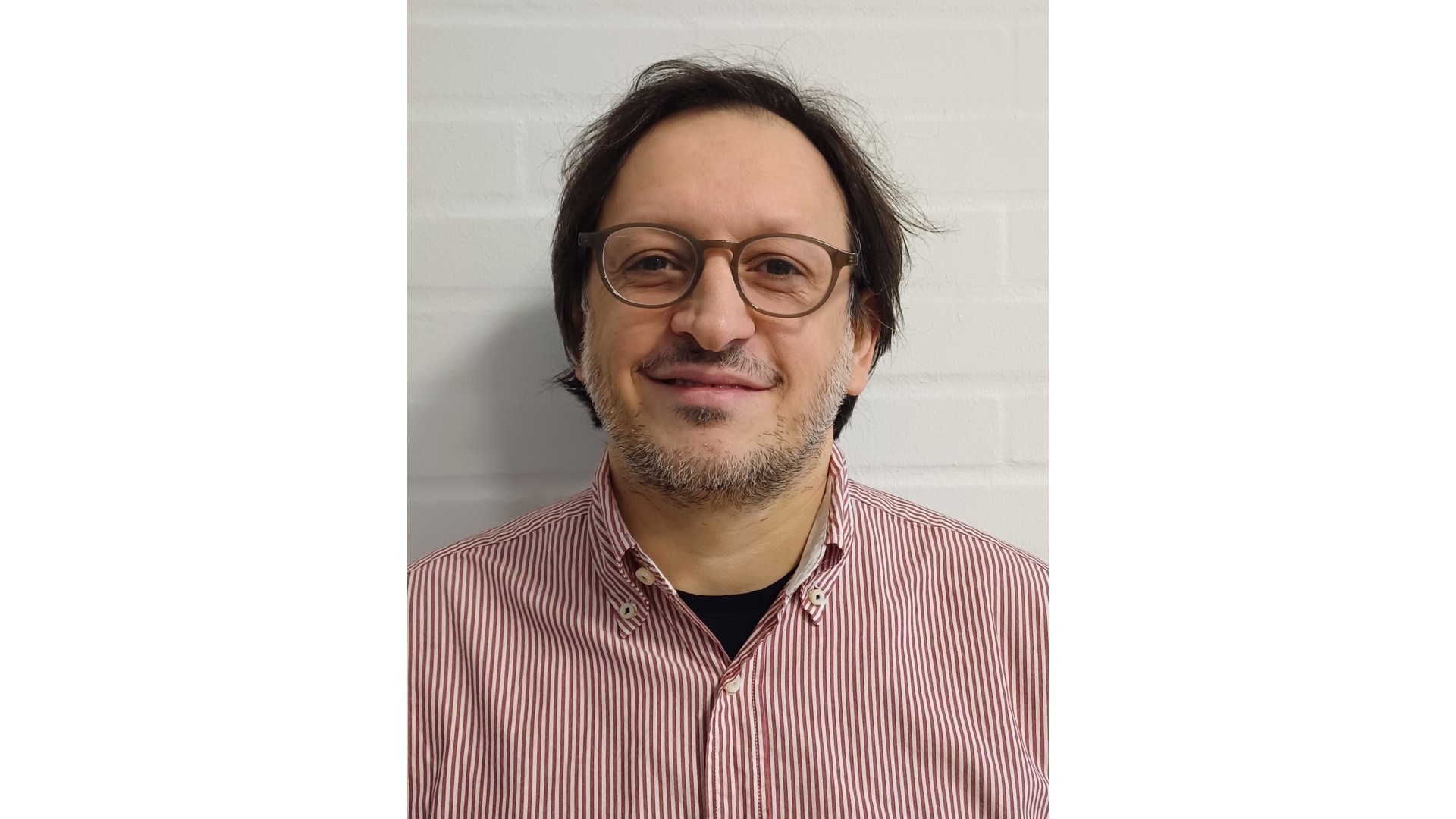Equipping policymakers with the best possible tools to make their decisions is an instrumental part of how the world is going to overcome the challenges of climate change. Professor Francisco Pereira has received a Data Science Distinguished Investigator grant from the Novo Nordisk Foundation, to fund the development of APEX – a project which aims to be that tool.
As a computer scientist with years of experience in the fields of machine learning, simulations, and combining the two particularly in the areas of transport and mobility, the mission of improving our ability to optimise decision-making lies at the heart of Pereira’s research.
But, as he says himself; “While existing simulation tools offer detail, they often fall short due to their narrow focus and resource-consuming performance.”
Simulations, while effective, are simply too expensive, slow, and poorly equipped to handle a rapid change in variables. The goal for Pereira’s APEX project is to develop a system which introduces a platform powered by machine learning to dramatically accelerate simulations.
Specifically, by analysing simulation data, the platform will be able to approximate (or replicate) the key calculations that an expensive simulator does as well as provide similar results, while being millions or billions of times faster. This will provide policymakers with a wide range of alternatives that were not possible before.
The platform can be applied in domains like transport, energy, and environment – areas where accounting for every changed variable in simulations will infinitely delay any decision.
Developing this technology is not easy or cheap, but with the grant from the Novo Nordisk Foundation, the goal is that APEX will significantly speed up these processes in the future - and will do so while ensuring that its artificial intelligence operates with a focus on transparency, accountability and aligning with human values as well as ethical considerations.
